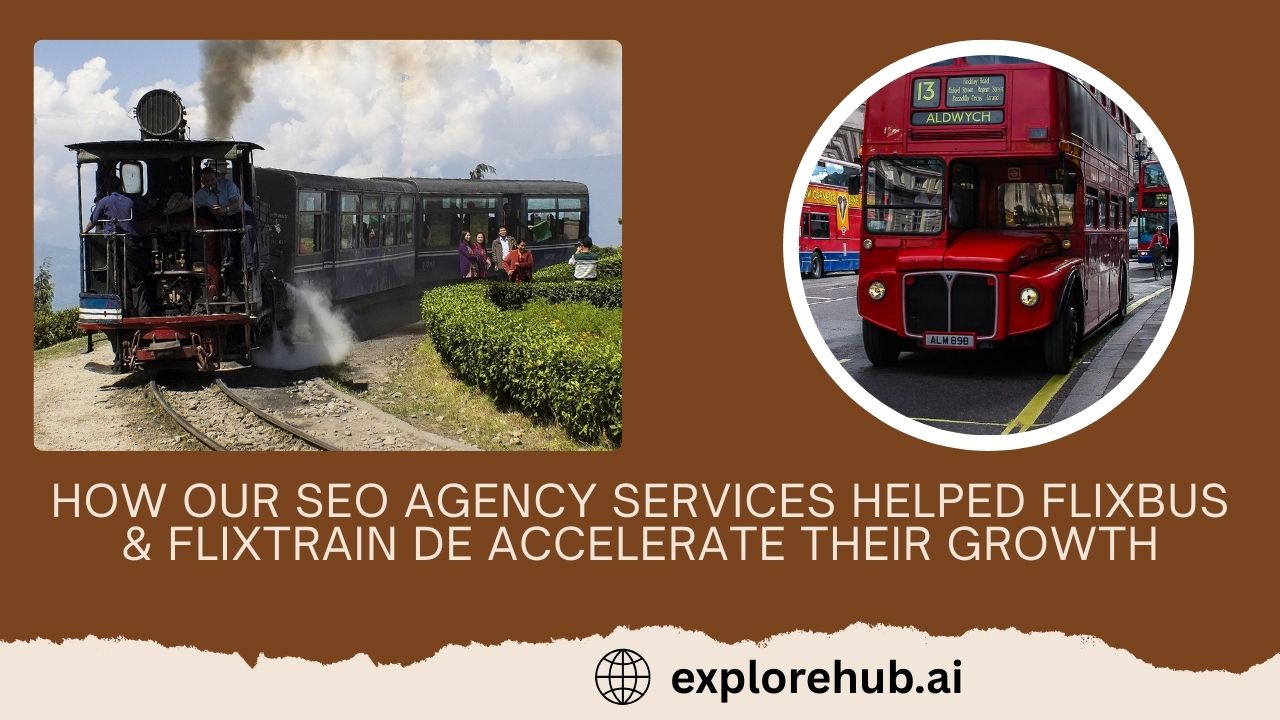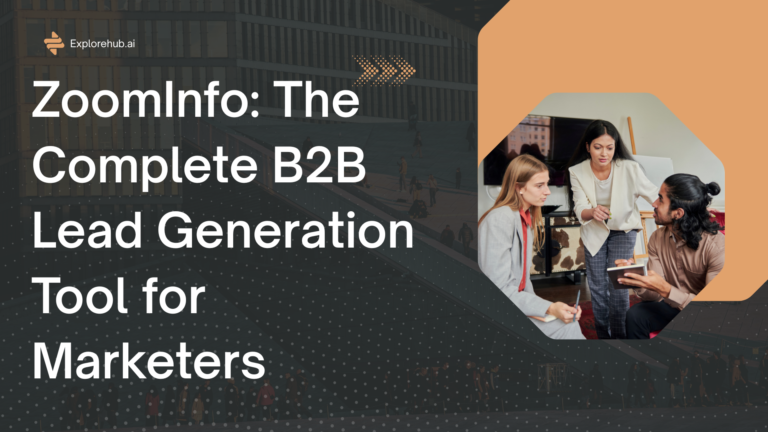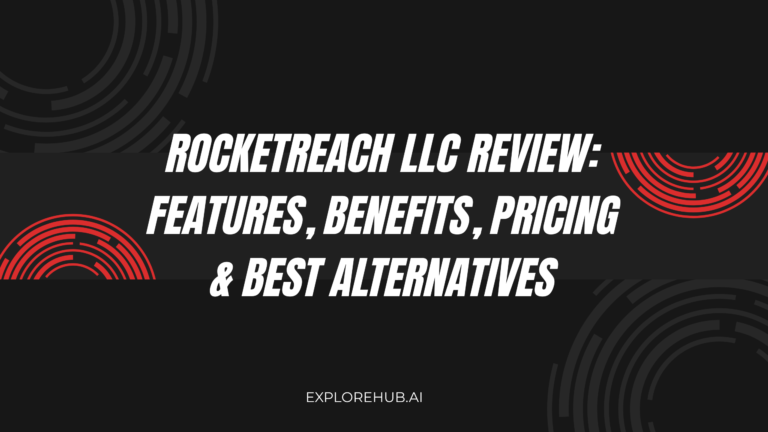Discover how FlixBus & FlixTrain DE achieved rapid digital growth with our expert SEO agency services. From technical SEO fixes to content marketing, keyword strategy, and local SEO, learn how we boosted their organic traffic, improved booking conversions, and built lasting brand authority in the competitive German travel market.
Table of Contents
- Introduction
- Understanding the Brand
- FlixBus
- FlixTrain
- The Competitive Market
- The SEO Challenges
- SEO Audit & Strategy Development
- Technical SEO Fixes
- Keyword Strategy
- Content Marketing Approach
- On-Page Optimization
- Off-Page SEO & Link Building
- Local SEO Improvements
- Mobile-First Approach
- Analytics & Performance Tracking
- Results Achieved
- Lessons Learned
- Conclusion
- FAQs
Introduction
FlixBus and FlixTrain DE have revolutionized the way people travel across Germany and Europe. But beyond their innovative business model, what really helped them gain an edge in the digital space was their ability to leverage SEO-driven growth strategies. With thousands of travelers searching online every day for cheap, fast, and reliable transport, dominating search results was no longer optional—it was essential.
Understanding the Brand
FlixBus
FlixBus quickly became Europe’s go-to for budget-friendly long-distance bus travel. With an extensive network across cities and countries, its appeal lies in affordability and accessibility.
FlixTrain
FlixTrain entered a space dominated by traditional rail providers and introduced a low-cost alternative with modern booking convenience. Competing against a national rail giant like Deutsche Bahn required a strong digital presence.
The Competitive Market
The German travel industry is highly competitive. From airlines to trains to buses, winning visibility in search engines meant winning passengers.
Read More :-
Exploring the Best Routes for Mountain Climbing in Nepal
Top 10 Mountain Climbing in Nepal Adventures You Can’t Miss
How to Plan Your Trip Around Cultural Festivals in South America
Top 10 Mountain Climbing in Nepal Adventures You Can’t Miss
The Best Festivals in India to Experience in 2025
The SEO Challenges
- Fierce Competition: Established brands were already ranking for high-value keywords.
- Low Organic Visibility: Many route-specific queries weren’t driving traffic.
- Local vs Global Reach: Travelers in Germany searched differently from international tourists.
- Seasonal Trends: Demand spikes during holidays required tailored content strategies.
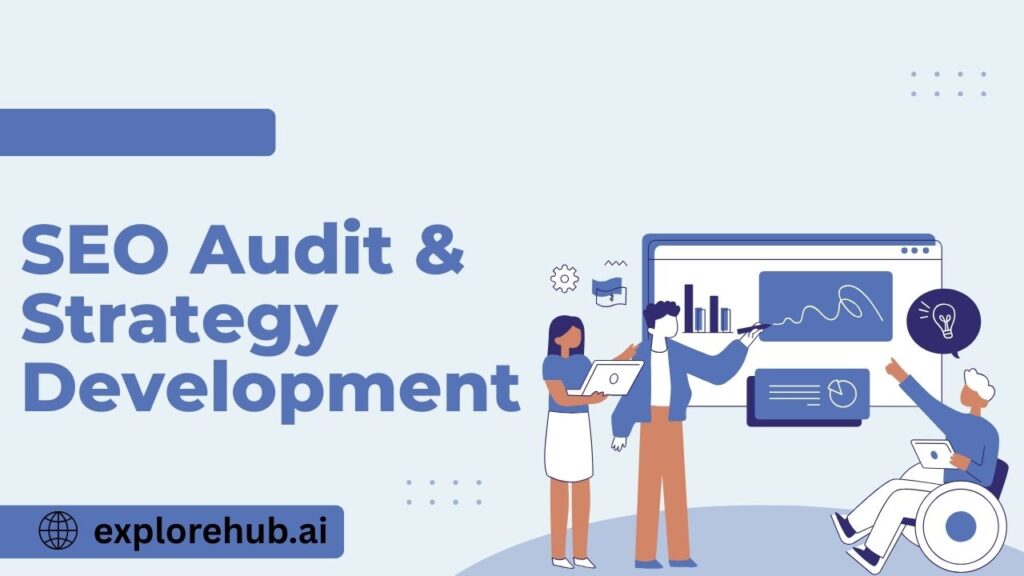
SEO Audit & Strategy Development
The journey began with a comprehensive SEO audit. Our team analyzed site performance, crawlability, and keyword opportunities. We crafted a roadmap focusing on:
- Technical SEO enhancements
- Competitive keyword mapping
- High-value content creation
- Local SEO campaigns
Technical SEO Fixes
- Website Speed: Reduced page load time by optimizing scripts and images.
- Mobile Optimization: Ensured seamless booking experiences on smartphones.
- Structured Data: Added schema for routes, reviews, and schedules.
- Crawlability: Fixed broken links and improved site hierarchy.
Keyword Strategy
Our keyword research focused on travel-intent queries like:
- “Cheap bus from Berlin to Munich”
- “FlixTrain tickets Hamburg Frankfurt”
To optimize organic reach, we found a mix between generic travel terms and branded searches (FlixTrain, FlixBus).
Content Marketing Approach
- Route-Specific Pages: Built landing pages optimized for each route.
- Travel Blogs: Published city guides and travel tips that boosted authority.
- Seasonal Campaigns: Targeted Christmas markets, Oktoberfest, and summer holidays.
- Multilingual Content: Catered to German users and international travelers alike.
On-Page Optimization
- Meta Tag Overhaul: Crafted engaging titles and descriptions.
- Internal Linking: Strengthened connections between routes and guides.
- User Experience: Added clear booking CTAs and route maps.
Off-Page SEO & Link Building
Our strategy went beyond keywords. We:
- Partnered with popular travel blogs.
- Secured mentions in digital PR outlets.
- Built high-quality backlinks from transport authorities and city guides.
Local SEO Improvements
Since travel is often local, we focused on:
- Google Maps Optimization: Making FlixBus stops easy to find.
- Google Business Profiles: Verified and optimized all hubs.
- Customer Reviews: Leveraged user ratings for higher visibility.
Mobile-First Approach
With most bookings happening on mobile, we enhanced:
- Progressive Web Apps (PWA) for smoother performance.
- Mobile UI/UX tailored for travelers booking on-the-go.
- One-click booking options for repeat customers.
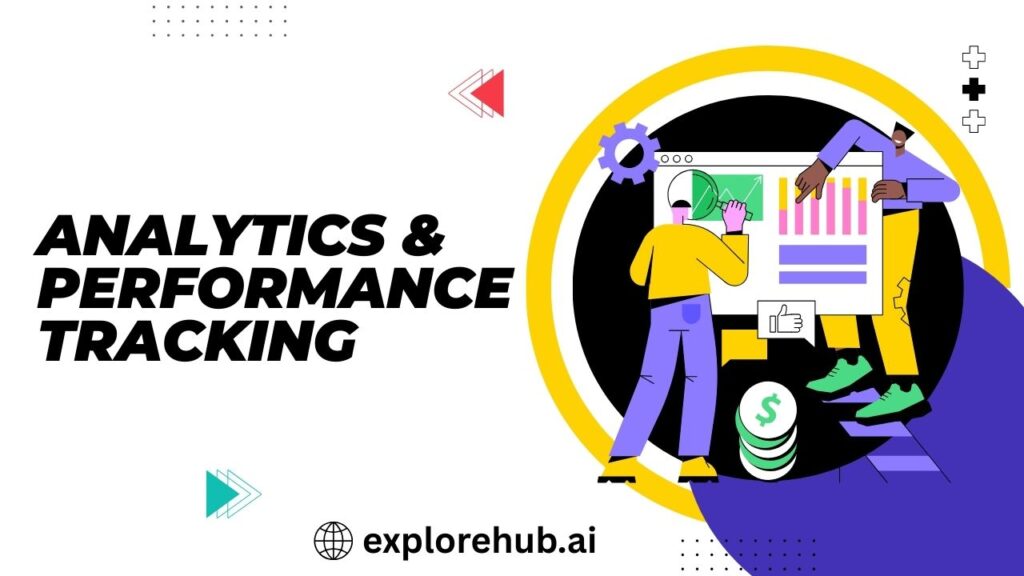
Analytics & Performance Tracking
We tracked everything through custom dashboards:
- Organic traffic growth by route and region.
- Conversion rates for bookings.
- Keyword rankings vs competitors.
Results Achieved
- +120% Organic Traffic Growth in 12 months
- +85% Increase in Booking Conversions from organic visitors
- Top 3 Rankings for 50+ high-intent travel keywords
- Strengthened brand authority in the European travel space
Lessons Learned
- SEO is a long game: Sustainable results came with consistent optimization.
- Local matters: Tailoring content for German search intent was critical.
- Agility wins: Quickly adapting to travel trends kept FlixBus & FlixTrain ahead.
Conclusion
The growth story of FlixBus & FlixTrain DE shows how a well-executed SEO strategy can transform digital visibility into real-world revenue. By fixing technical barriers, targeting the right keywords, creating engaging content, and leveraging local SEO, our agency helped them not only compete—but dominate—in one of the toughest travel markets.
FAQs
Q. What was the biggest SEO challenge for FlixBus & FlixTrain DE?
A. The toughest part was competing with established transport giants already ranking for high-value keywords.
Q. How did content marketing help?
A. By publishing travel guides, city blogs, and seasonal campaigns, we attracted new travelers searching for trip ideas.
Q. Did local SEO make a difference?
A. Yes, optimizing Google Maps, reviews, and business listings boosted visibility for passengers searching nearby routes.
Q. What was the duration of the results?
A. Meaningful traffic and booking growth started showing within 4–6 months, with major breakthroughs after a year.
Q. Can SEO work for other travel companies too?
A. Absolutely. Any travel or transport provider can benefit from SEO by targeting route-specific keywords and optimizing the user journey.

